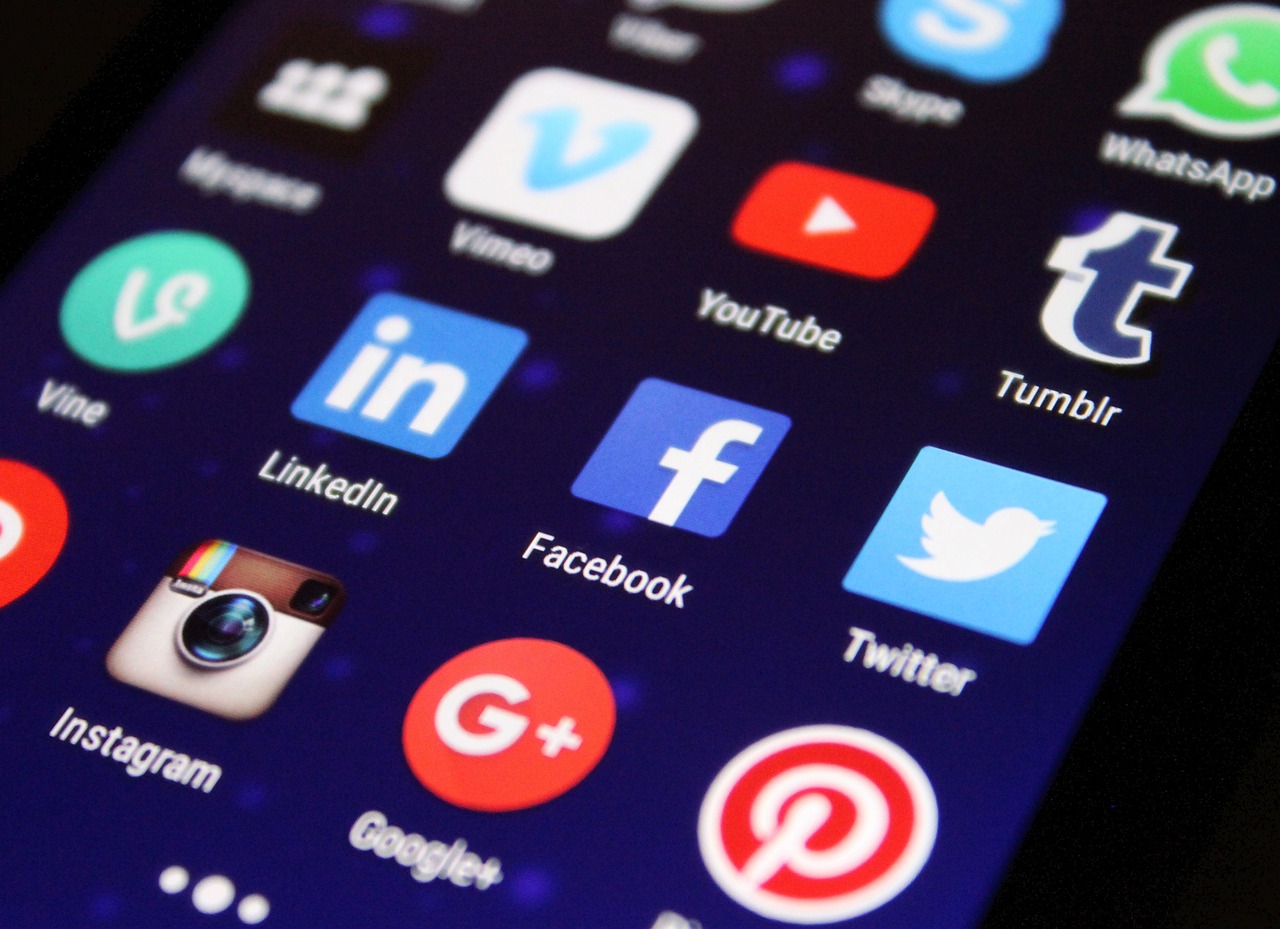Let’s stop pretending: social media in Nigeria is no longer just entertainment — it’s a battlefield. A place where likes and retweets now come at the cost of someone’s dignity, reputation, and sometimes their livelihood.
These days, becoming a “content creator” seems to give people the unspoken right to say anything — no matter how wild, how false, or how damaging — as long as it gets attention. We’ve crossed from creativity into cruelty.
So here’s the big question:
Should access to social media be treated as a license for defamation? Or are we hiding behind ‘free speech’ to justify character assassination?
When Content Becomes Contempt
Take a stroll through TikTok or X, and you’ll see it: endless “hot takes,” skits, and exposés — many of them based on hearsay, half-truths, or outright lies. One video goes viral, and boom — a person’s name is dragged through the gutter.

A few likes. Some fake laughter. Then we move on to the next victim.
And who are the main culprits? Content creators. Some are self-proclaimed activists. Others are “social media journalists.” Many are just hungry for clout and monetization.
Take VeryDarkMan, for instance. He calls out scams and fakeness — fair enough. But how often are his claims backed with evidence? When he’s wrong, who holds him accountable? When you build a platform on outrage, are you a watchdog — or a digital terrorist?
Platforms or Punching Bags?
Let’s be clear: not all content creators are guilty. Some are doing incredible work — educating, informing, and entertaining with integrity. But the loudest voices online today are often the most reckless.
What happened to respect? What happened to facts?
We now use “gist,” “drag,” and “expose” as everyday vocabulary, and Nigerians are applauding content that would be considered cyberbullying or libel in any decent society.
Even worse, anonymity makes it easier. Pages like Gistlover operate like digital ghosts — dropping bombshells, destroying marriages, leaking nudes — without ever facing the law. If that’s not a crime, what is?
Free Speech or Free Madness?
Yes, we all have the right to speak — but that doesn’t mean we have the right to destroy.
Freedom of expression isn’t freedom to defame.
But in Nigeria, the lines are blurry. The law is slow. The police sometimes chase bloggers only when it suits the powerful. So the rest of us? We’re stuck in a digital jungle, trying to protect our names from being the next trending topic.
Dear Nigerians, What Do You Think?
- Should content creators be regulated more strictly?
- Should people lose access to platforms if they spread lies about others?
- Or is this just the price we pay for having “freedom” online?
Let’s not act confused. We know the difference between content and cruelty. But as long as we keep rewarding defamation with views, followers, and brand deals — this madness will continue.
What’s your take?
Is social media still free speech — or has it become a free weapon?

















